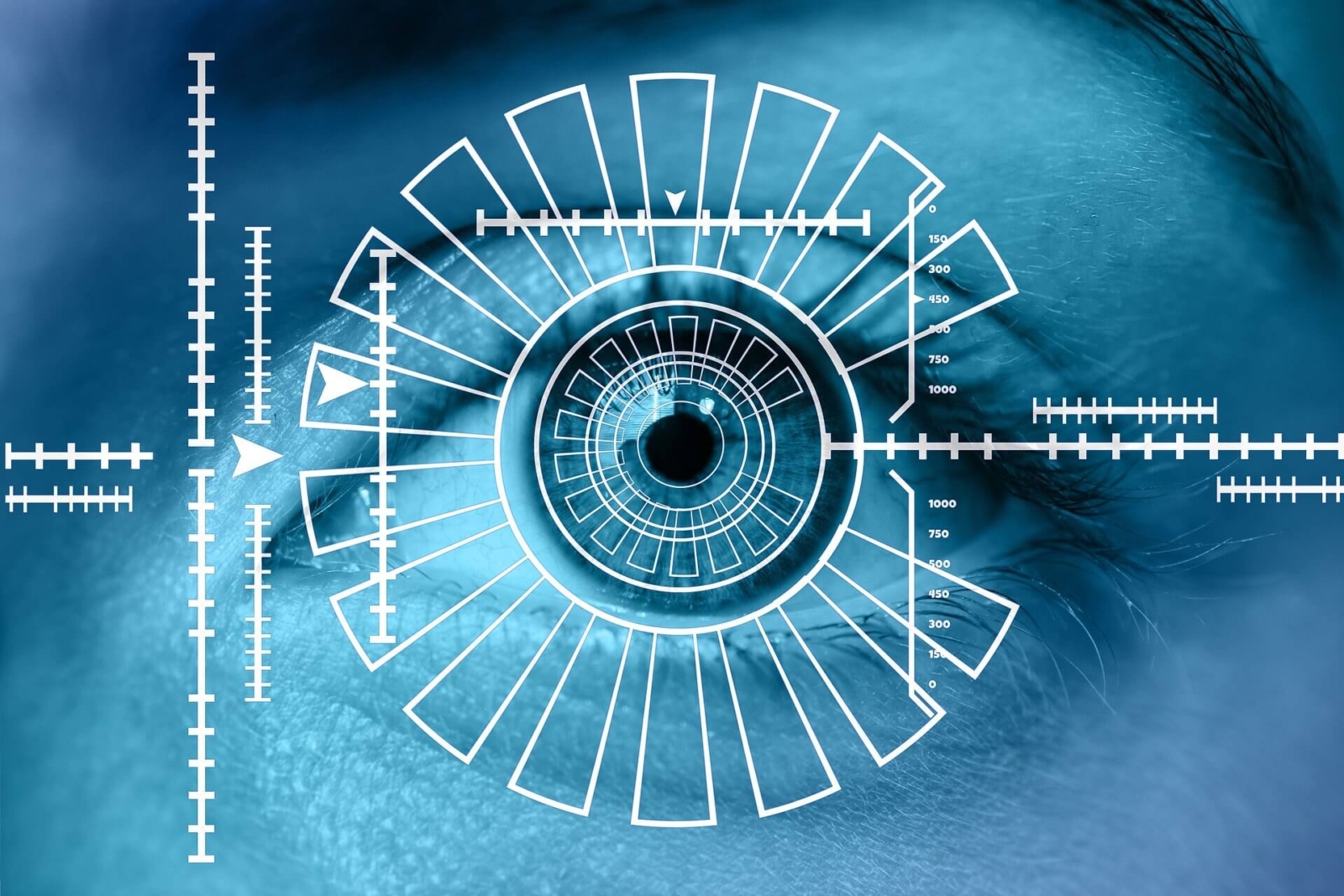Nowadays, many people around the world possess digital assistants, such as the Apple HomePod, Apple Siri, Google Home and Amazon Alexa to name a few.
These are commonly used for interactions such as:
- Internet searches,
- Scheduling,
- Message dictation,
- Media playback.
These digital assistants are based on machine learning technology which is broadly described as a subcategory of AI. They use historical data to develop and get better at being able to predict and understand our “natural language questions and requests”.Another example is Nest, a learning thermostat acquired by Google. Nest uses algorithms to learn from your heating and cooling preferences. Based on this information it is able to adjust the temperature in your home according to your predicted personal needs. And, how often do we do web searches? Let’s face it… every day! Yes, most people have been using search engines since the 1990s, but Artificial Intelligence in modern day and age has improved this massively. The autocomplete function of modern search engines predicts what you are looking for when beginning to type something into the search box and automatically tries to complete your request. The predicted words are of course not a coincidence. The search engine learns from your historical behaviour and, together with other influencing factors, makes predictions about what you might be looking for.
Additionally, modern AI creates ranking algorithms in these search engines. This simply means that it ranks those websites to be at the top of the results which it thinks you are the most interested in.
Another major platform that has increased drastically in size and popularity is indeed the online shopping market. It has, as we all know, become MASSIVE. If you have ever shopped online, there is a great chance that Modern AI has played a role in your experience! If you’ve seen an ad on Facebook for a product you’ve been searching for, you can be quite assured that it was AI which generated these happenings. With its constantly refined algorithms, it understands your interests and predicts almost everything you desire or need. Some online shops even plan to start the shipment of products to us before we have even ordered them, predicting that the order will be made very soon.
And what about customer support? The chatbots, operated mostly by robots, use behavioural adaption to improve their emotional intelligence to increase customer relationships and retention.
One more interesting point to look at is that of the recent happenings in 5G – the quickest form of internet connection humanity has ever had at its disposal. 5G with its incredible speed, will help improve systems of AI which need a greater internet connection. Here is a list of some items 5G is well, and will be well used for in AI systems:
- Autonomous cars,
- Smart Cities,
- The Internet of Things technology,
- Communication and collaboration.
The future of 5G is one we will shortly see and behold. It is indeed going to be something quite like out of a movie!












